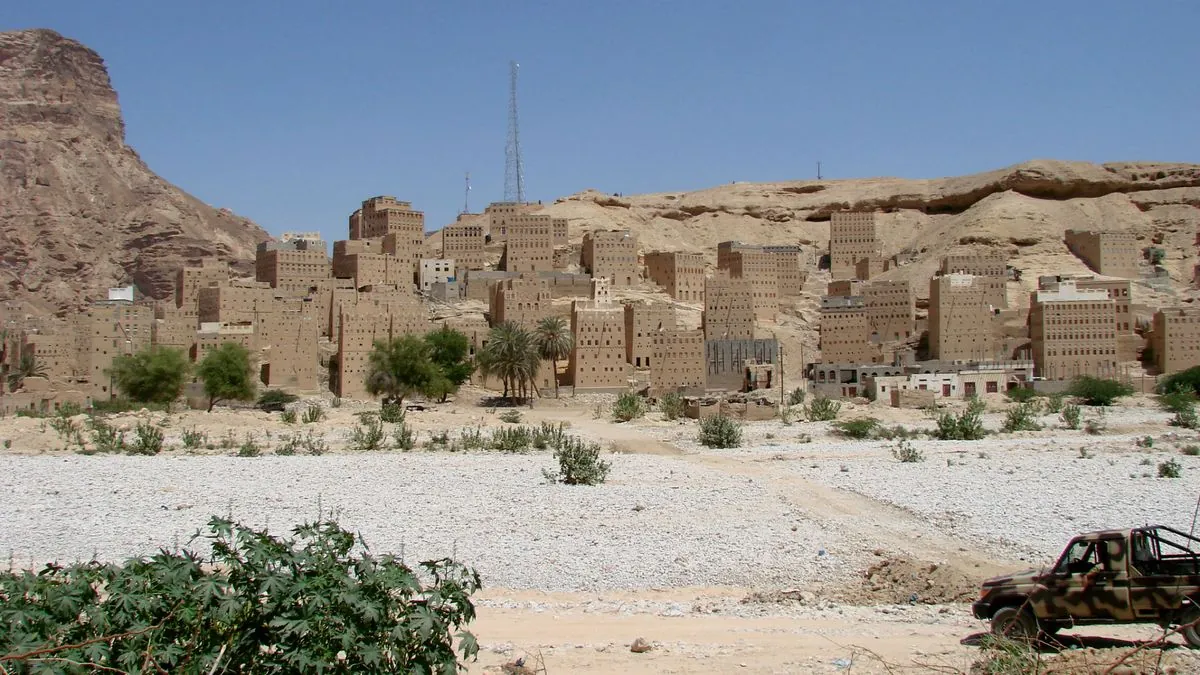Deadly Suicide Attack Targets Yemeni Military Post in Abyan
A suicide bomber struck a military post in Yemen's Abyan province, resulting in 12 soldier fatalities. The attack highlights ongoing security challenges in the region, with Al Qaeda suspected of involvement.

In a tragic incident on August 16, 2024, a suicide bomber targeted a military post in Yemen's Abyan province, resulting in the loss of 12 soldiers' lives. The attack occurred in the Mudiyah district, where the assailant utilized a vehicle laden with explosives to breach the security forces' site.
Mohamed al-Naqib, a spokesperson for the Southern Transitional Council (STC), confirmed the details of the assault. While no group immediately claimed responsibility, suspicions have fallen on Al Qaeda in the Arabian Peninsula (AQAP), an organization that has intensified its operations against military installations in Yemen in recent times.
The attack underscores the complex security landscape in Yemen, a nation grappling with multiple challenges. As the poorest country in the Middle East, Yemen has been embroiled in a devastating civil war for the past decade, which the United Nations has described as the world's worst humanitarian crisis. This conflict has created an environment conducive to the growth of extremist groups like AQAP.
AQAP, formed in 2009 through a merger of al-Qaeda's Saudi and Yemeni branches, has exploited the ongoing strife between the Iran-aligned Houthi group and a Saudi-backed coalition. The organization has leveraged this chaos, along with tribal sympathies and vast stretches of uncontrolled territory, to strengthen its influence in the region.

The Southern Transitional Council, established in 2017 and allied with the Saudi coalition, has intensified its efforts to combat AQAP elements in Abyan over the past year. The STC, which controls significant portions of southern Yemen and advocates for secession, faces the challenging task of maintaining security in a region with an area of 21,939 km².
Despite numerous attempts to suppress AQAP, including U.S. military interventions, coalition efforts, and operations by the Houthi group, the organization has demonstrated remarkable resilience. The United States has been conducting drone strikes against AQAP in Yemen since 2002, yet the group continues to pose a significant threat to regional stability.
Yemen's strategic importance cannot be overstated. It shares a border with Saudi Arabia and is situated near crucial shipping lanes, including the approach to the Port of Aden, one of the world's largest natural harbors. This geopolitical significance adds to the complexity of addressing security challenges in the region.
As Yemen grapples with these security issues, it's worth noting the country's rich cultural and historical heritage. Once home to the ancient kingdom of Saba, believed to be the biblical Sheba, Yemen boasts a capital city, Sana'a, that is among the oldest continuously inhabited cities globally. The nation is also renowned as the birthplace of coffee cultivation, which originated there around the 15th century.
The recent attack serves as a stark reminder of the ongoing struggles faced by Yemen and its people. As efforts to stabilize the region continue, the international community remains watchful of developments in this strategically important yet troubled nation.
"The attacker drove a booby-trapped car into a site for the security forces."


































